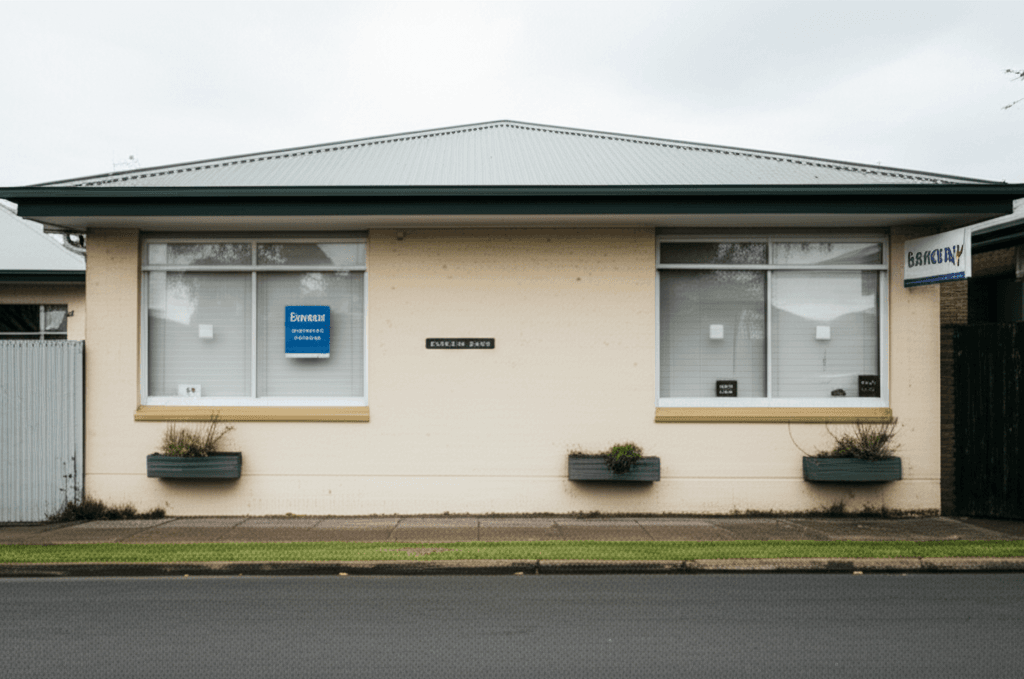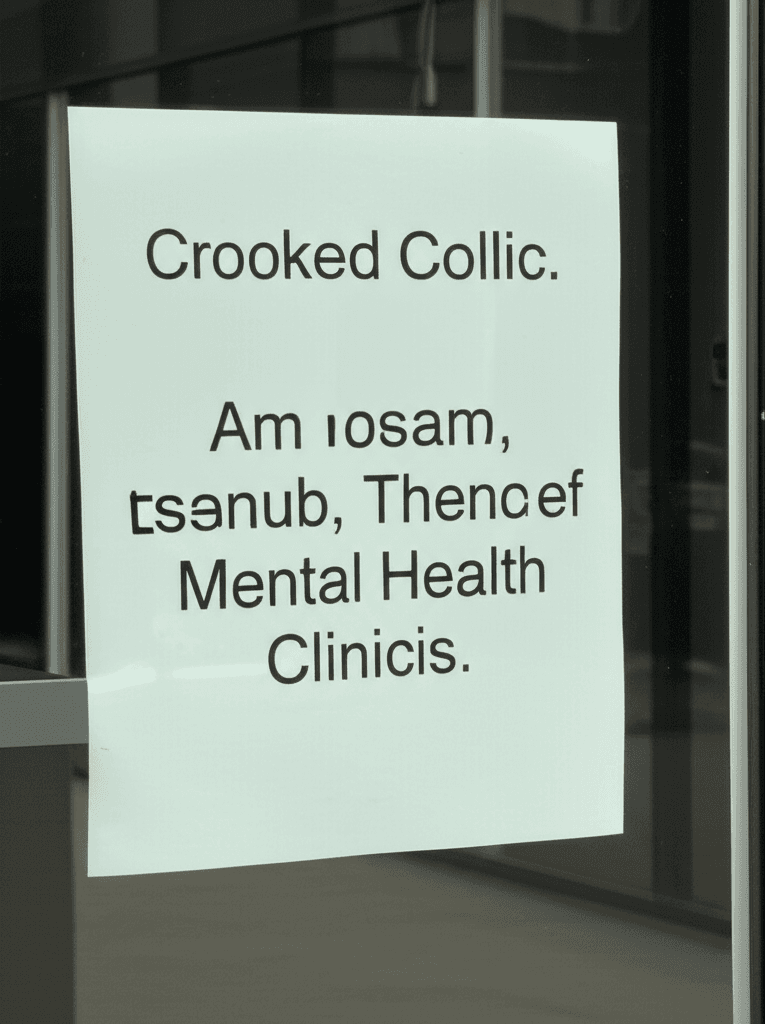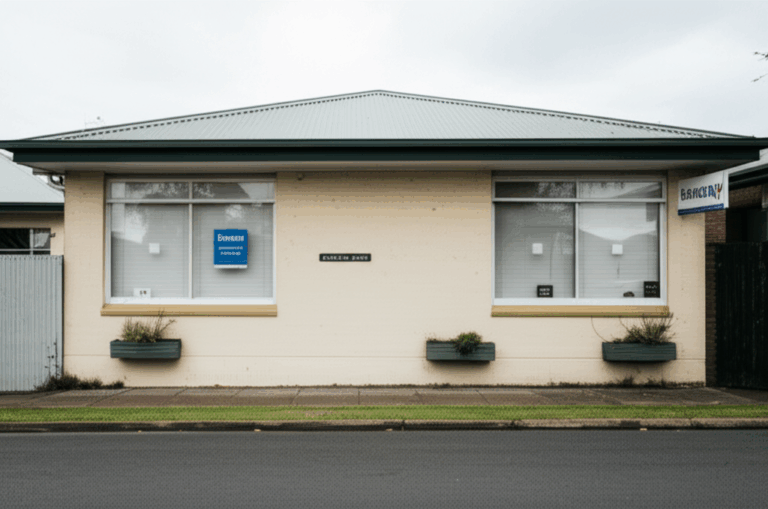Ramsay Health Care, Australia’s largest private hospital operator, is set to close 17 of its 20 psychology clinics across the nation by the end of August 2025, a move anticipated to significantly impact mental health patients and further strain public services. The decision comes amidst rising concerns about the cost of living and new data indicating an increasing number of Australians are delaying mental health treatment due to financial pressures.

Widespread Closures Across Australia
The private healthcare giant confirmed it will cease operations at the vast majority of its psychology clinics, retaining only three: Cairns in Queensland, Charlestown in New South Wales, and Joondalup in Western Australia. In Western Australia alone, the closures will see the Mount Pleasant and West Perth clinics shut down, leaving Joondalup as the sole remaining Ramsay psychology service in the state. The closures are expected to be finalized by the end of August.

Reshaping Mental Health Delivery
Ramsay Health Care stated the closures are part of a strategic shift to implement a “more flexible and sustainable model” for community-based mental health support. The company aims to strengthen its delivery of “high-quality, accessible, and connected care across hospital, home and virtual settings.” While the psychology clinics are closing, Ramsay has affirmed there will be no changes to its inpatient mental health services at its facilities. The company has also indicated it is working closely with affected psychologists to ensure continuity of care for clients, including exploring options for telehealth services or referrals to other trusted providers.

Broader Concerns for Mental Healthcare Access
The mass closures coincide with the release of the National Mental Health Commission Report Card for 2024, which highlights a significant increase in people delaying or not seeking psychological or psychiatric help due to cost. The report indicates that 24.6% of individuals cited cost as a barrier, a substantial rise from 12% in 2020/21. Furthermore, financial stress is increasingly identified as a cause of mental illness, with the rate of people struggling to cope on their income doubling to 34% since November 2020.
Mental health professionals have voiced concerns that Ramsay’s decision could leave thousands of patients in an uncertain position and intensify the existing strain on already stretched public mental health services. The closures underscore a growing challenge in ensuring equitable and affordable access to mental healthcare amidst rising cost-of-living pressures.







